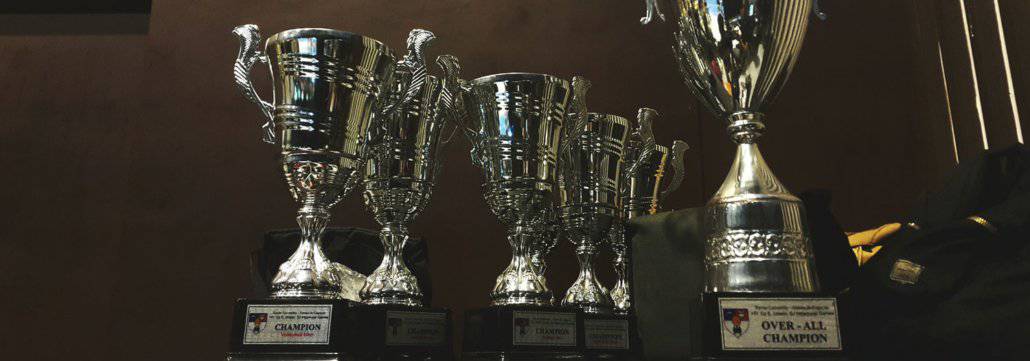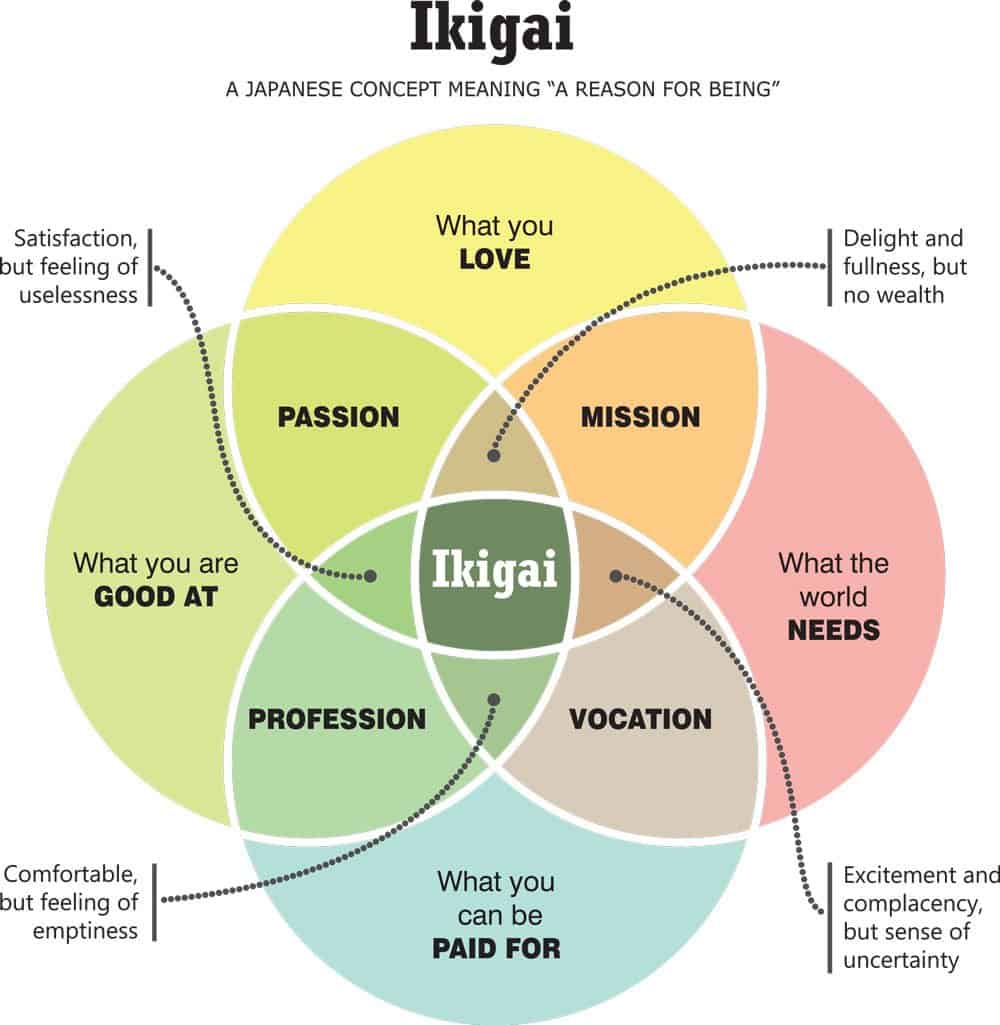This week we’re talking about Continuity Planning, which regular readers will recognize as the newer and preferred term for what many formerly called “succession planning”.
Too many still use the old term, but I’m doing my part to change the vocabulary, to change the conversations.
Efficiency: Let’s Get This Done
My bias is pretty clear, I find that far too many people look at continuity planning as something they’d rather not spend too much time on.
Especially for families who are running an operating company, which will normally have more than its share of fires to extinguish on a regular basis, taking time away from these urgent matters is typically a low priority.
It’s no surprise then, that when these families finally do agree to spend some time on the less urgent matter of continuity planning, their focus is usually on getting it over with as quickly as possible.
But just because something isn’t urgent,
that doesn’t mean it isn’t important.
Effectiveness: Let’s Get This Right
In contrast to focusing on getting something over with, some families rightfully prefer to concentrate on making sure that their efforts produce a positive result.
A quick Google search of the word “effective” reveals this: “successful in producing a desired or intended result”
This sounds like a much more worthwhile goal to pursue when a family undertakes this important work.
So why do so many families NOT get this right? Let’s go through some of the main obstacles.
Time & Cost
We’ve already mentioned that doing this right takes time, and we all know that “time is money”.
Furthermore, in order to make sure that your continuity planning will “produce the desired result” you’ll need to involve more people and “their” time too.
Many of those people will be family members, while others will be professional experts, again making time and cost factors that could stand in the way.
Professional Bias
I don’t love harping on colleagues who work in this space because ideally, I’ll work along with them to get the family to co-create the best plans for their circumstances and needs.
But so many of the experts that families rely on have their own biases that they have rightly developed over their careers.
You probably wouldn’t want to work with a lawyer who didn’t already have some pretty good ideas about how you could best go about creating your plan.
But that doesn’t mean that you should just turn the whole thing over to them either. Or blindly follow all of their suggestions.
Touchy Subjects
The very idea of continuity planning necessarily brings up subjects that most people try to avoid. We’re talking about death, money, and who will be put in charge of what. Pretty heavy stuff, to be sure.
Of course, you could just be very efficient, draw up the plans you think are best and let the chips fall where they may.
But that seems so “20th Century” to me. There are ways that will give you a far better chance of success.
These involve getting the people who will be affected by your decisions together and making them part of the process to make sure that your “intended result” actually has a good chance of working out as planned.
How Do We Do That?
It really needs to begin by figuring out, as a family, what that “intended result” could look like.
This can’t be done in a vacuum, and it can’t be done in one meeting. There really needs to be a series of meetings, involving both generations of the family.
See: Successful Planning: Who Should Be Involved
What If Our Plans Are Already Made?
Now you may be thinking, “it’s too late for us, our plans are already made”. Well, not so fast!
Do all the family members who will be affected by those plans know what’s coming? If so, congrats, go to the head of the class.
For the other 90% of you, that would be a great next step.
See: Pre-Mediated Planning? Sounds Good To Me
The “Intended Result”
The final destination, or the intended result, should not be something that is dictated by the leading generation.
It needs to be based on the family’s values and their vision for the future.
That will take time to work out, but it will be well worth the effort.
If doing this important work means that you need to bring in an objective outsider to help facilitate the discussions, do it.










